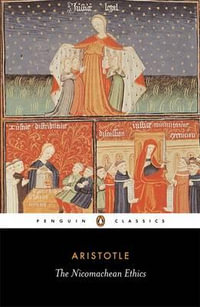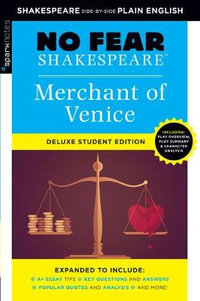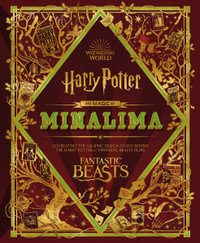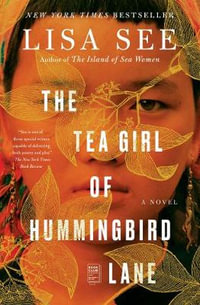
Uncreative Writing
Managing Language in the Digital Age
Paperback | 20 September 2011 | Edition Number 1
At a Glance
Paperback
RRP $39.95
$26.75
33%OFF
Aims to ship in 7 to 10 business days
ISBN: 9780231149914
ISBN-10: 0231149913
Published: 20th September 2011
Format: Paperback
Language: English
Number of Pages: 272
Audience: General Adult
For Ages: 22+ years old
Publisher: Columbia University Press
Country of Publication: US
Edition Number: 1
Dimensions (cm): 20.5 x 14 x 1.5
Weight (kg): 0.31
Shipping
| Standard Shipping | Express Shipping | |
|---|---|---|
| Metro postcodes: | $9.99 | $14.95 |
| Regional postcodes: | $9.99 | $14.95 |
| Rural postcodes: | $9.99 | $14.95 |
How to return your order
At Booktopia, we offer hassle-free returns in accordance with our returns policy. If you wish to return an item, please get in touch with Booktopia Customer Care.
Additional postage charges may be applicable.
Defective items
If there is a problem with any of the items received for your order then the Booktopia Customer Care team is ready to assist you.
For more info please visit our Help Centre.
You Can Find This Book In
This product is categorised by
- Non-FictionEducationEducation Equipment & Technology
- Non-FictionLanguage & LinguisticsLinguisticsSemantics & Discourse Analysis
- Non-FictionLanguage & LinguisticsReference, Dictionaries & GuidesWriting & Editing Guides
- Non-FictionLanguage & LinguisticsLanguage Learning & Teaching
- Non-FictionLanguage & LinguisticsReference, Dictionaries & GuidesCreative Writing & Creative Writing Guides
- Non-FictionLiterature, Poetry & PlaysHistory & Criticism of LiteratureLiterary Theory
- Non-FictionSociety & CultureMedia Studies
- Non-FictionLiterature, Poetry & PlaysHistory & Criticism of LiteratureGeneral Literary StudiesLiterary Studies from 1900 to Current
- Non-FictionPolitics & GovernmentPolitical Control & FreedomsHuman RightsCivil Rights & Citizenship
- Non-FictionHistoryEarliest Times to Present DayModern History from 1700 to 1900
- Non-FictionHistoryEarliest Times to Present Day20th Century History from 1900 to 2000
- Non-FictionBiographies & True Stories BiographiesHistorical, Political and Military Biographies
- Non-FictionHistoryRegional & National HistoryHistory of the Americas
- Text BooksHigher Education & Vocational TextbooksBooks on Academic Study Skills
- Text BooksTextbook FinderCharles Darwin UniversityIAS112 Creative Practice in a Digital Context
- Non-FictionLiterature, Poetry & PlaysHistory & Criticism of Literature



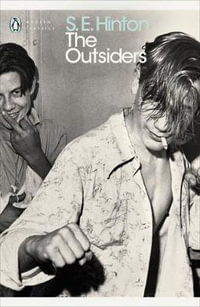
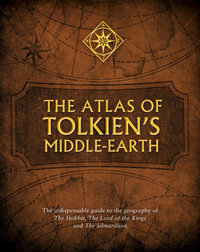
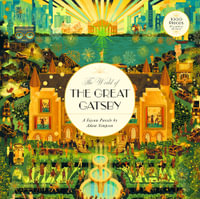
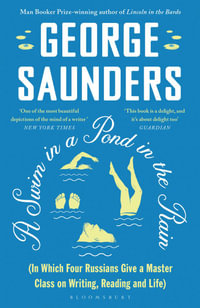


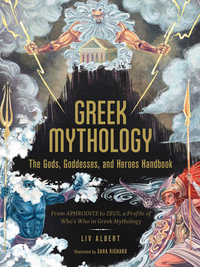
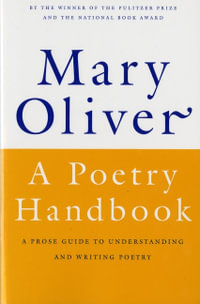

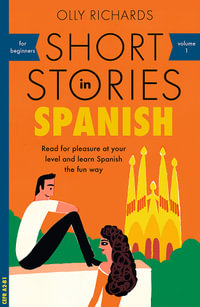
![The Complete Guide To Middle-Earth : The Definitive Guide to the World of J.R.R. Tolkien [Illustrated Edition] - Robert Foster](https://www.booktopia.com.au/covers/200/9780008537814/4013/the-complete-guide-to-middle-earth.jpg)




